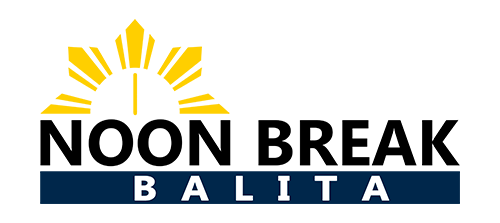April 16, 2017 – A travel grant program that can lead to international collaborations in agricultural development has been set up as a regular program by SEARCA as part of advancing its “inclusive” development tenet that impacts poor farmers.
The Southeast Asian Regional Center for Graduate Study and Research in Agriculture (SEARCA) has set up a quarterly travel grant program that provides up to $1,200 to each qualified agriculture and agriculture-related professionals and social scientists including graduate students in Southeast Asia.
The program is part of SEARCA’s pushing its development tenet called ISARD or “inclusive and sustainable agricultural rural development” which should impact favorably on marginal Southeast farmers, according to SEARCA Director Gil C. Saguiguit Jr.
Deadline for the third quarter travel is set on June 7, 2017 (for July to September travel). Application for the fourth quarter travel (October to December) will be until Sept 7, 2017.
“Research findings and new knowledge should be used to benefit people. Beyond improving a nation’s GDP or GNP and balance of trade, development ought to enhance the food security, health, and quality of life of people, especially the poor and vulnerable groups,” said SEARCA.
The grant provides opportunities to qualified Southeast Asian nationals to present papers in scientific conferences locally and internationally and promote scientific knowledge and its discussions among experts.
Qualified to apply are those presenting scientific papers that will promote international partnerships. While priority is given to SEARCA constituents, staff members of non-profit development-oriented institutions or graduate students of agricultural universities in the region may also be given opportunities.
Applicants’ paper presentation should focus on SEARCA’s ISARD program:
1. Social inclusion in Agriculture and Rural Development—participation of poor farmers in upgrading to agribusiness systems; food and nutrition security for vulnerable groups; and innovations and technologies.
2. Sustainable agriculture—natural resource management, climate change mitigation and adaptation in agricultural-rural development; and resilience of agricultural systems to climate impacts.
3. Regional cooperation in trade and investments and market integration.
ISARD is part of SEARCA’s institutional strategy under its Tenth Five year-plan, its planning program every five years spanning now in the last 50 years.
ISARD singles out the vulnerable groups to include women, indigenous people, and youth.
ISARD is further operationalized to mean programs should strengthen entrepreneurship, value chains, and agribusiness systems to transform farms into businesses.
These should enhance innovation and technology use, help mitigate climate change through the use of climate smart agriculture, and manage natural resources. ISARD contributes to improving government policies and regional cooperation in trade and investments. (Growth Publishing for SEARCA)(Melody Mendoza Aguiba).





